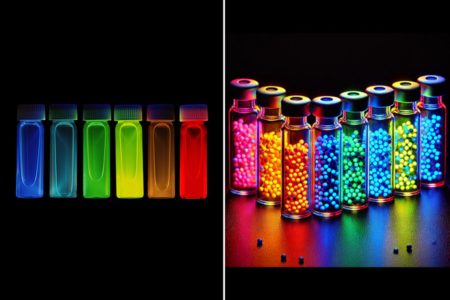MIT Professor Markus J. Buehler has been named the recipient of the 2025 Washington Award, one of the nation’s oldest and most esteemed engineering honors.
The Washington Award is conferred to “an engineer(s) whose professional attainments have preeminently advanced the welfare of humankind,” recognizing those who have made a profound impact on society through engineering innovation. Past recipients of this award include influential figures such as Herbert Hoover, the award’s inaugural recipient in 1919, as well as Orville Wright, Henry Ford, Neil Armstrong, John Bardeen, and renowned MIT affiliates Vannevar Bush, Robert Langer, and software engineer Margaret Hamilton.
Buehler was selected for his “groundbreaking accomplishments in computational modeling and mechanics of biological materials, and his contributions to engineering education and leadership in academia.” Buehler has authored over 500 peer-reviewed publications, pioneering the atomic-level properties and structures of biomaterials such as silk, elastin, and collagen, utilizing computational modeling to characterize, design, and create sustainable materials with features spanning from the nano- to the macro- scale. Buehler was the first to explain how hydrogen bonds, molecular confinement, and hierarchical architectures govern the mechanics of biological materials via the development of a theory that bridges molecular interactions with macroscale properties.
His innovative research includes the development of physics-aware artificial intelligence methods that integrate computational mechanics, bioinformatics, and generative AI to explore universal design principles of biological and bioinspired materials. His work has advanced the understanding of hierarchical structures in nature, revealing the mechanics by which complex biomaterials achieve remarkable strength, flexibility, and resilience through molecular interactions across scales.
Buehler’s research included the use of deep learning models to predict and generate new protein structures, self-assembling peptides, and sustainable biomimetic materials. His work on materiomusic — converting molecular structures into musical compositions — has provided new insights into the hidden patterns within biological systems.
Buehler is the Jerry McAfee (1940) Professor in Engineering in the departments of Civil and Environmental Engineering (CEE) and Mechanical Engineering. He served as the department head of CEE from 2013 to 2020, as well as in other leadership roles, including as president of the Society of Engineering Science.
A dedicated educator, Buehler has played a vital role in mentoring future engineers, leading K-12 STEM summer camps to inspire the next generation and serving as an instructor for MIT Professional Education summer courses.
His achievements have been recognized with numerous prestigious honors, including the Feynman Prize, the Drucker Medal, the Leonardo da Vinci Award, and the J.R. Rice Medal, and election to the National Academy of Engineering. His work continues to push the boundaries of computational science, materials engineering, and biomimetic design.
The Washington Award was presented during National Engineers Week in February, in a ceremony attended by members of prominent engineering societies, including the Western Society of Engineers; the American Institute of Mining, Metallurgical and Petroleum Engineers; the American Society of Civil Engineers; the American Society of Mechanical Engineers; the Institute of Electrical and Electronics Engineers; the National Society of Professional Engineers; and the American Nuclear Society. The event also celebrated nearly 100 pre-college students recognized for their achievements in regional STEM competitions, highlighting the next generation of engineering talent.
Source: Read MoreÂ

